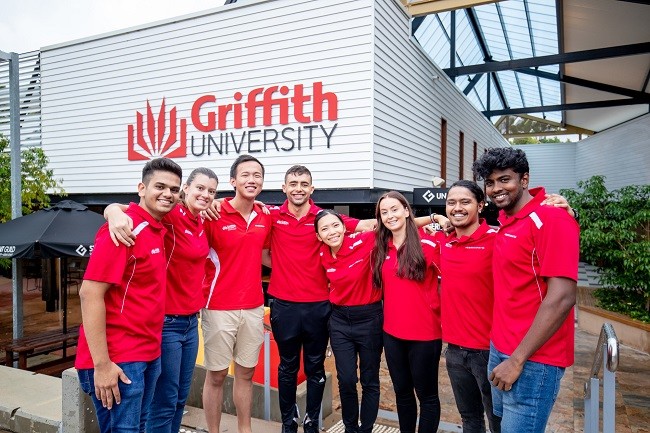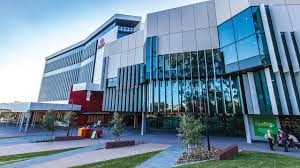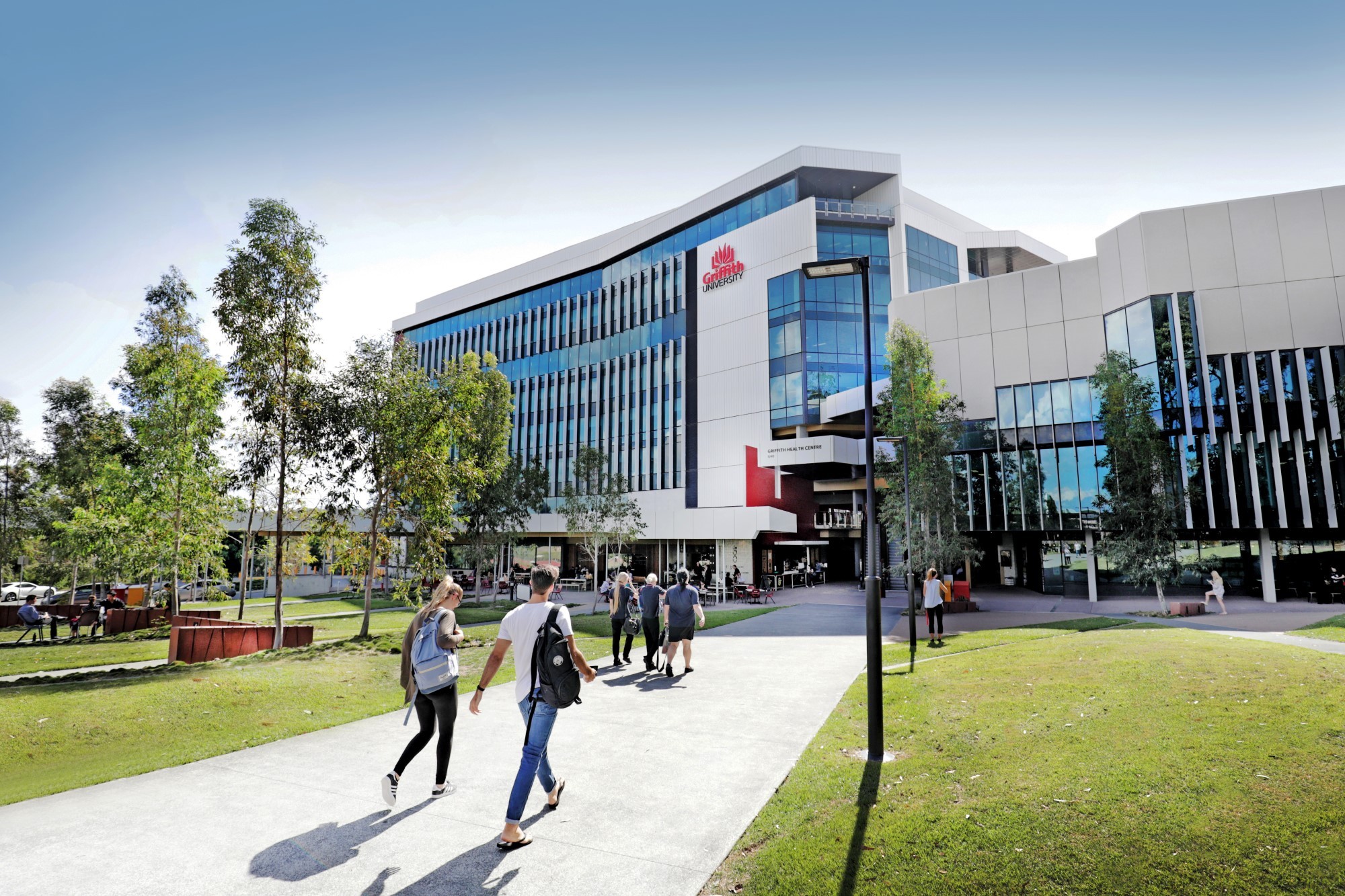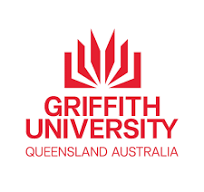
BACHELOR OF SCIENCE

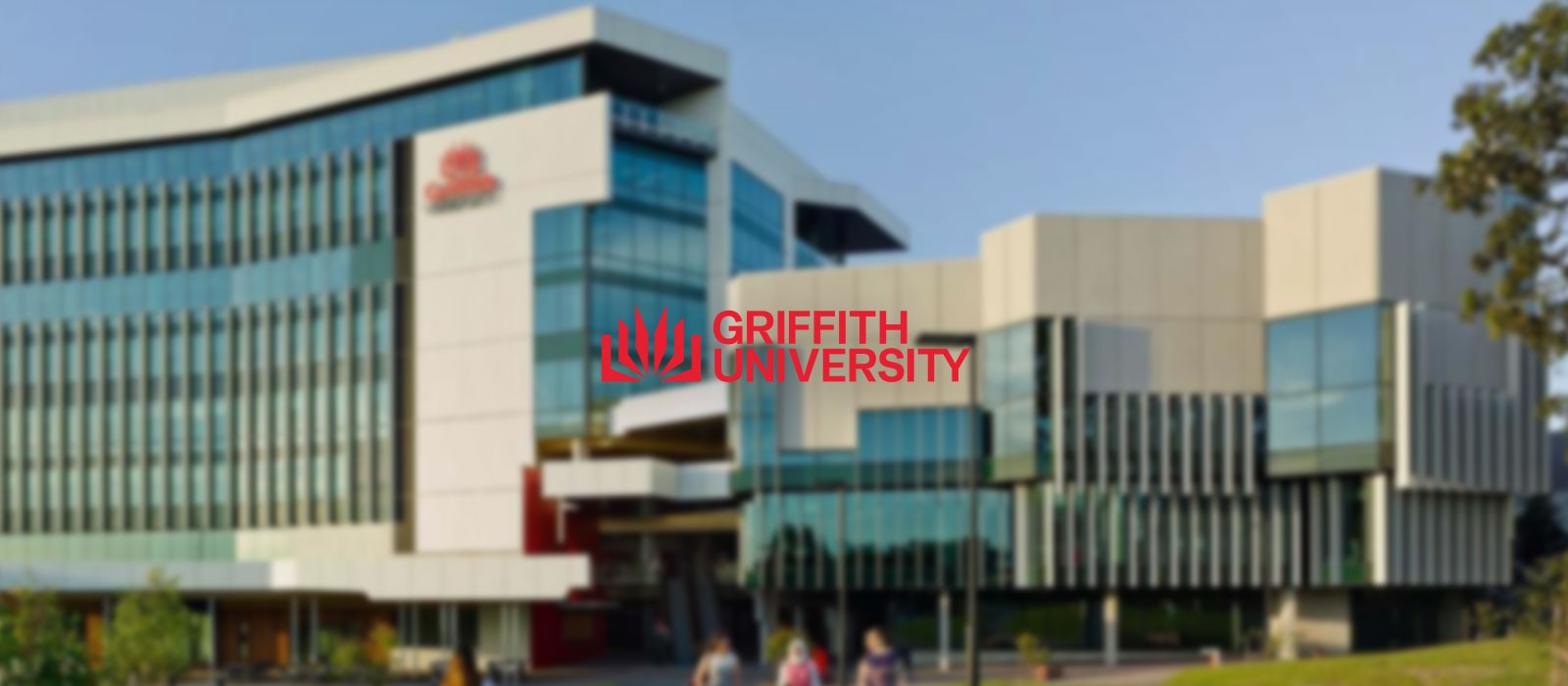
Overview
3 YEARS
YES
AU $39,000 PER YEAR
FEB, JULY, NOV
Overview
> Science is at the heart of every facet of life. It is a fascinating career choice, with research and development at its core.
> In this degree you'll study all areas of the sciences before specialising with your choice of major.
> You'll have the the flexibility to decide what interests you the most, so you can shape a career that you're passionate about in the biological, clinical, chemical, physical or mathematical sciences.
Industry and expert connections
> You'll have access to experts from renowned research centres who are focused on solving the big problems that face us today.
> They're developing new drugs to combat cancer and infectious diseases, new sources of energy to power our society, and new ways to manage our waterways and improve food production.
> Throughout your degree, you will have the chance to participate in practical, hands-on learning opportunities, including internships, industry placements, national and international field trips and leading research projects.
Honours
> At the end of your third year, providing you are eligible, you can enter the Honours program, a year of study during which you'll undertake a major research project under the supervision of a member of our academic staff that could lead to a PhD and career in research.
Graduate outcomes
> Depending on your major, you'll be prepared for an array of science careers. You could be a microbiologist, pharmaceutical scientist, biochemist, chemist or biotechnologist, a statistician, mathematician or physicist, or, with further study, a science journalist, patent lawyer or science teacher.
> Increasingly, employers are employing science graduates in areas that require research and analytical skills, including the application of mathematics and statistics in the finance sector.
Majors
*Applied Mathematics
*Archaeology (Nathan)
*Biochemistry and Molecular Biology
*Chemistry
*Clinical Sciences(Nathan)
*Data Science
*Geography
*Marine Biology (Gold Coast)
*Microbiology (Nathan)
*Physics
*Wildlife Biology
*Flexibility
Take control of your time - This degree has intakes in Trimester 1, 2 and 3. So, whenever you're ready to study, we're ready to get you started.
Global mobility
> An array of inspiring overseas study opportunities, ranging from a few weeks to a year, are available for students in this degree. Find out more about going global at Griffith.
Program accreditation
> Accreditation will vary depending upon your choice of major:
> Chemistry is accredited by the Royal Australian Chemical Institute.
> Physics is accredited by the Australian Institute of Physics.
> Professional recognition
> As a graduate of the Bachelor of Science, you will (depending upon your major) be eligible for membership of the following professional bodies:
*Ausbiotech Limited
*Australian Mathematical Society
*Australian and New Zealand Society for Cell and Development Biology
*Australian Institute of Food Science and Technology
*Australian Society for Biochemistry and Molecular Biology
*Australian Society for Medical Research
*Australian Society of Plant Scientists
*Royal Australian Chemical Institute
*Australian Institute of Physics
Attendance information
> The Bachelor of Science is offered full-time on-campus.
> As a full-time student you will generally attend 15-25 hours of scheduled classes per week throughout the trimester. Classes may be scheduled during the day and evening throughout the week.
> If you are an International student on a student visa, you must ensure that you enrol in a way that will allow you to complete your enrolment within the expected program duration as stated on your Confirmation of Enrolment (CoE).
My career opportunities
Key employment sectors*
*Environment
*Pharmaceutical
*Biomedicine
*Consultancy
*Research: CSIRO, universities, Queensland Institute of Medical Research (QIMR), government departments
*Mining
*Agriculture
*Education
*Health Care
Potential job outcomes
*Environment consultant
*Environmental scientist
*Microbiologist
*Pharmaceutical scientist
*Biotechnologist
*Physicist
*Data Scientist
*Analytical chemist
*Clinical technician
*Industrial chemist
*Heritage consultant
*Field archaeologist
Non-Science Careers
Science-skills
*Teaching
*Law and patent office
Transferrable skills
*Public service
*Business analysis
*Marketing and marketing research
Inquire Now
Entry Requirements
> Qualification: Nepalese Proficiency Certificate
> Your entry requirements include: Grade average of 89 in the final year results
> Qualification: School Leaving Certificate Examination awarded by National Examinations Board
> Your entry requirements include: Grade average of 3.6 in the final year results
> English language requirements apply to International applicants and other applicants whose previous study was undertaken in a language other than English.
> The minimum English language requirements for such applicants for entry to this program are as follows:
> A minimum overall band score of 6.5 on IELTS (Academic) with no sub-score of less than 6.0
OR a minimum score of 575 on TOEFL
OR an internet-based (iBT) TOEFL score of 79 (no sub-score less than 19)
OR no score less than 3+ in each skill of the ISLPR (conducted by ISLPR Language Services only)
OR a minimum overall score of 176 (no score less than 169) on C1 Advanced (formerly Cambridge Certificate in Advanced English) or C2 Proficiency (formerly Cambridge Certificate of Proficiency in English)
OR an overall score of 58 in the Pearson Test of English (Academic) with no score less than 50.
Fees
Tuition fees
> An International student pays tuition fees.
> Students are liable for tuition fees for the courses they are enrolled in as at the census date.
> The tuition fee for students who commence their program prior to 2014 is charged according to the approved program fee for the trimester in which the student commenced the program.
FEE (INDICATIVE): $39,000 per year
Scholarships
> file:///C:/Users/LANDMASRK%20EDUCATION/Documents/Scholarships%20and%20finance%20Griffith%20UNI.html
Popular Courses
Find your perfect course
Head Office
Kamaladi, Kathmandu
Tel: +977 14542781, 9845566225
E-mail: info@landmarkedu.com
Sydney office
46 Macquarie Street,
Parramatta, NSW
Tel: +61 415 122 814
Branch office
Tel: 056-590825
Tel: 021-590828
Tel: 977-71-591694
